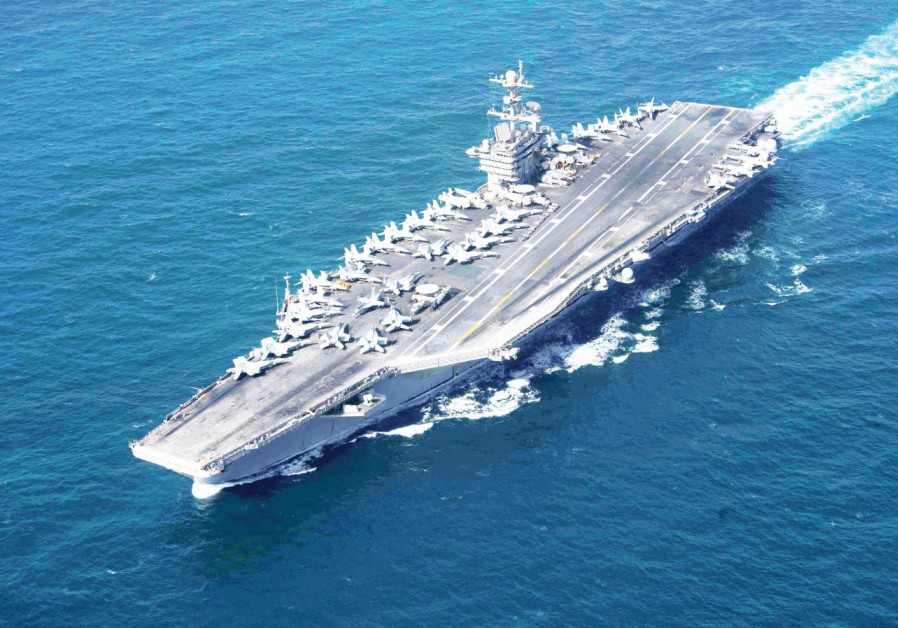U.S. Army: We are monitoring the situation in the Strait of Hormuz

The U.S. Navy aircraft carrier USS John C. Stennis transits the Straits of Hormuz in January . (photo credit: REUTERS)
Join Jerusalem Post Premium Plus now for just $5 and upgrade your experience with an ads-free website and exclusive content. Click here>>






Comments are closed.